Amidst escalating geopolitical tensions, calls resurface to urgently revisit Theresa May’s proposal for an EU-wide defence treaty, reigniting contentious Brexit debates and prompting renewed scrutiny in Brussels. Here’s the whole story.
Brexit’s Lost Benefits
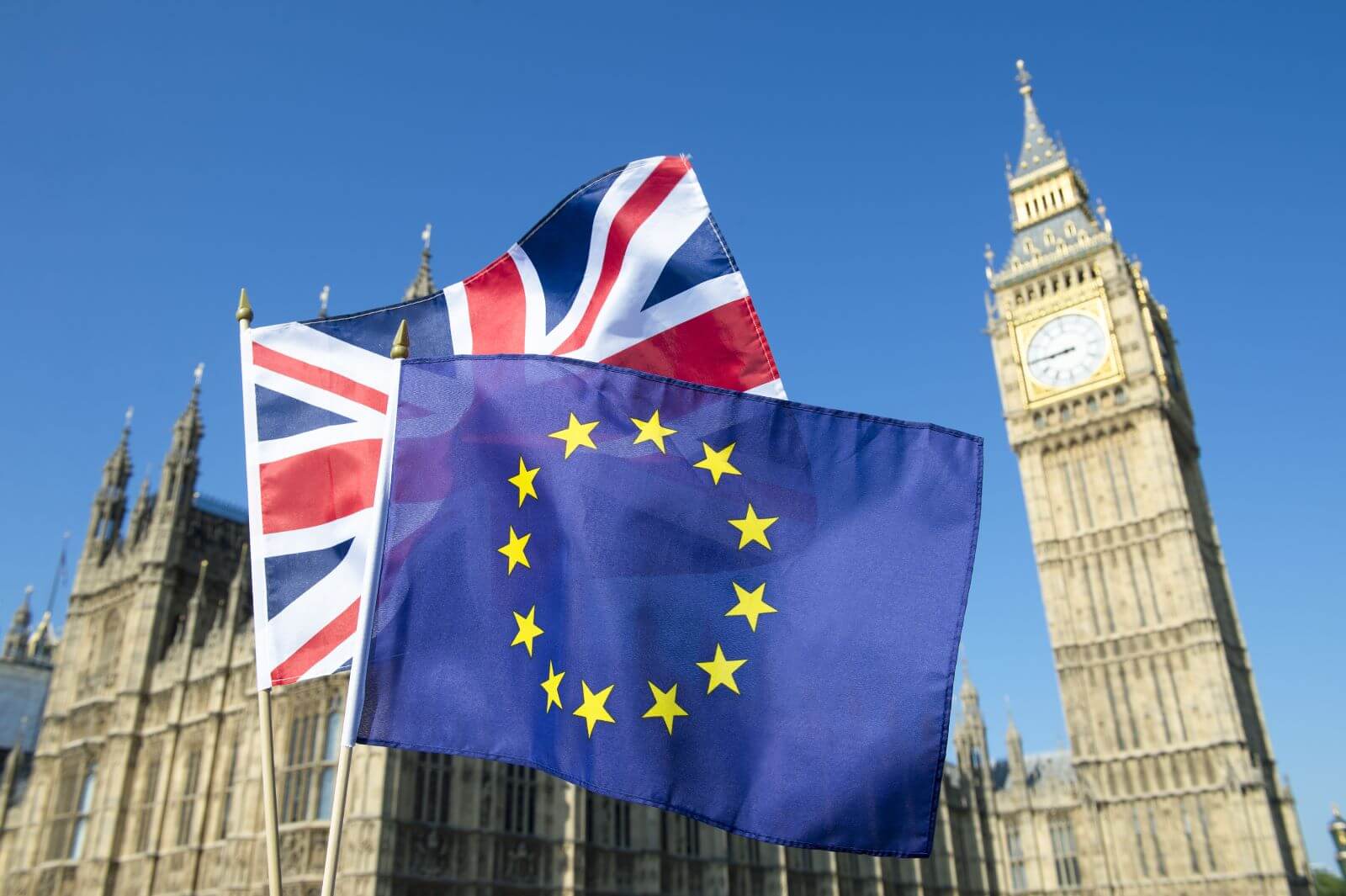
Since leaving the EU, the UK has thrown away a number of the benefits that came with being part of the world’s largest trading bloc. Gone are the days of visa-free travel, Erasmus students studying in other countries, and easy trade between close partners.
Instead, there are long queues at passport control, backed-up lorries at ports, and growing mistrust between the Conservative party, entirely in thrall to the Brexiteers within its ranks, and European capitals.
The Prickly Issue of Defence

However, in European geopolitics, there is perhaps no issue as prickly for Brexiteers as defence. This has been made crystal clear following the proposal by several prominent figures from European governments that the defence plan put forward by former UK Prime Minister Theresa May should be revisited.
With war on Europe’s doorstep, the calls for a unified front, in which Britain would play an important role, are intensifying.
Urgency to Revisit May’s Defence Plan
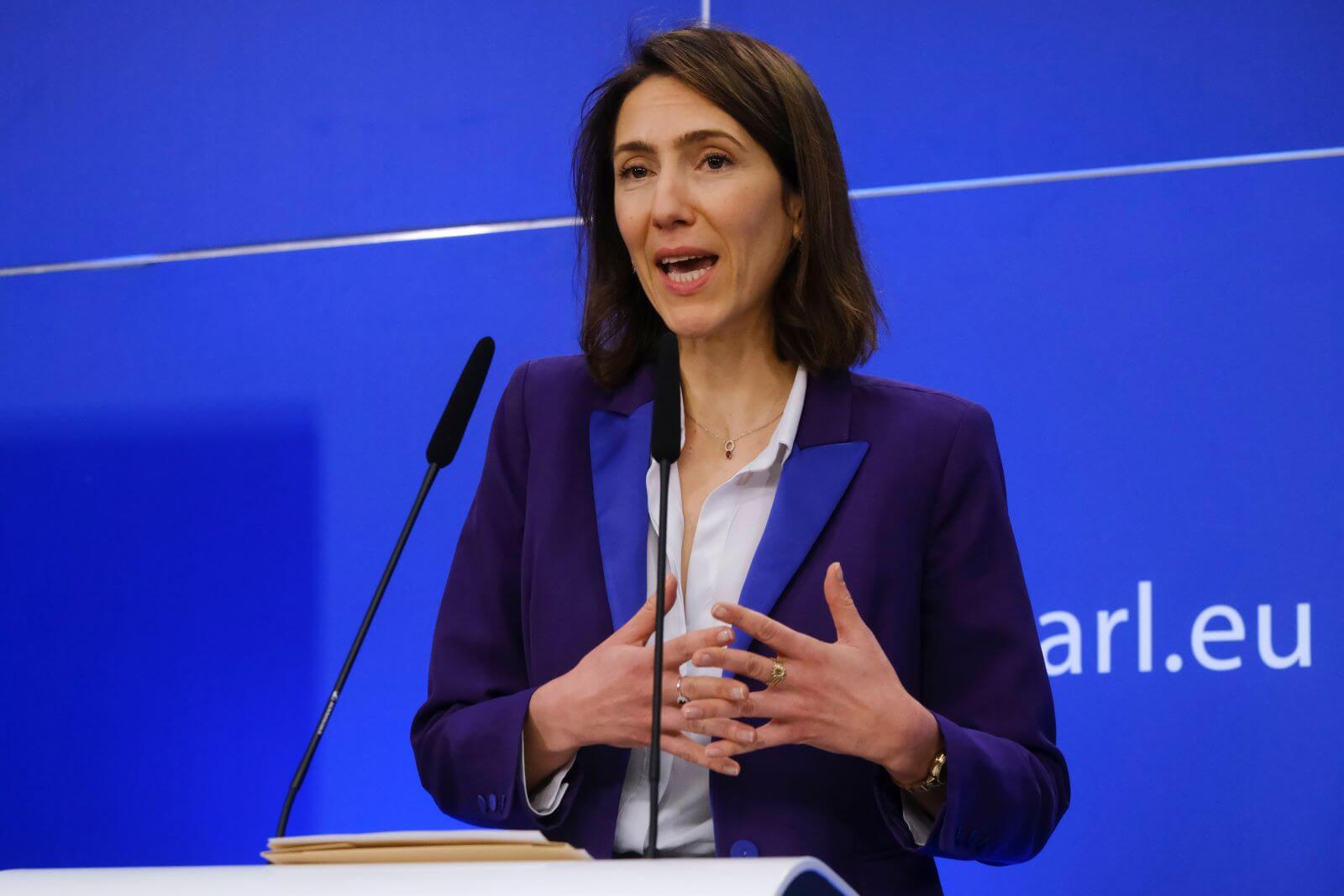
Valérie Hayer, leader of the Renew group in the European Parliament, is one of the leading voices calling for the urgent need to revisit May’s plan. Hayer made her intentions plain: “One of our priorities is to accelerate European defense.”
This political olive branch from Brussels comes as David Lammy, shadow foreign secretary of the Labour Party, has echoed Hayer’s calls.
Lammy’s Support for Stronger Ties
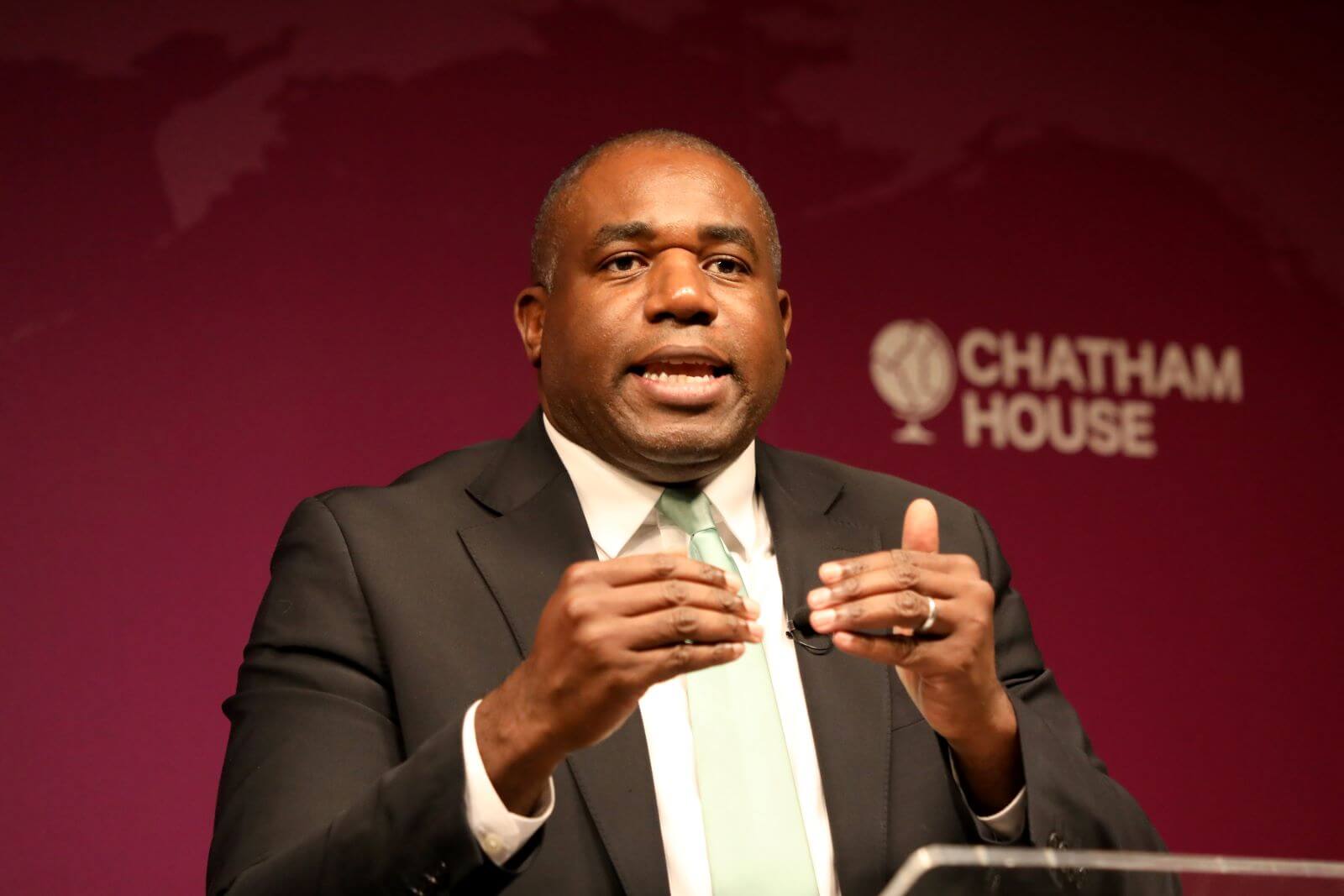
Lammy made his position equally clear, advocating for strengthening ties between the UK and Europe, declaring that “the Brexit era is over.” Lammy also pledged to pursue an EU-UK security pact if Labour were elected to combat the threat posed by Russia following the war in Ukraine.
Complex Path to Security Agreement

However, the path towards a cohesive security agreement may be more complex than either Lammy or Hayer would hope. Significant hurdles stand in the way of the plan, not just from the UK’s side of the channel.
While there is a consensus among almost all the EU member states on the desirability of a security accord with the UK, internal divisions continue to plague the European Parliament.
Orbán: A Challenge to EU Unity
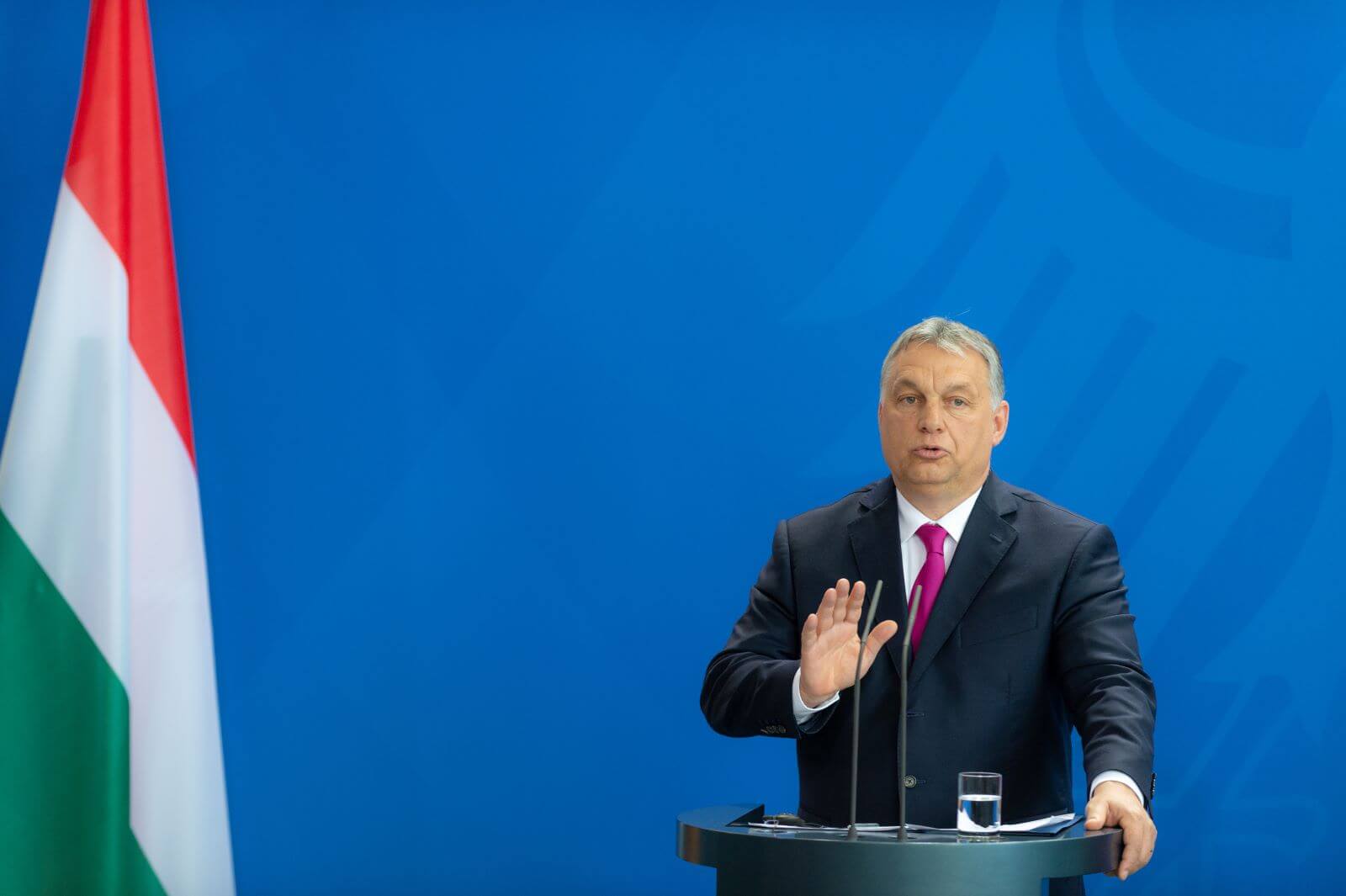
Hungary, led by Viktor Orbán, is a permanent fly in the ointment regarding European defence.
The leader of a proudly proclaimed illiberal democracy often has more in common with Russia’s Vladamir Putin than against, as Hungary becomes ever more authoritarian.
Orbán’s reluctance to support Ukraine financially is one of the many problems the EU’s collective approach to security faces.
Rise of the Far Right in Europe

However, Hungary is not the only country where the far right is on the march, with looming far-right electoral gains looking more likely across Europe.
The Renew group has made safeguarding centrist values within the European parliament a cornerstone of their platform.
Hayer’s Proactive Defence Strategy
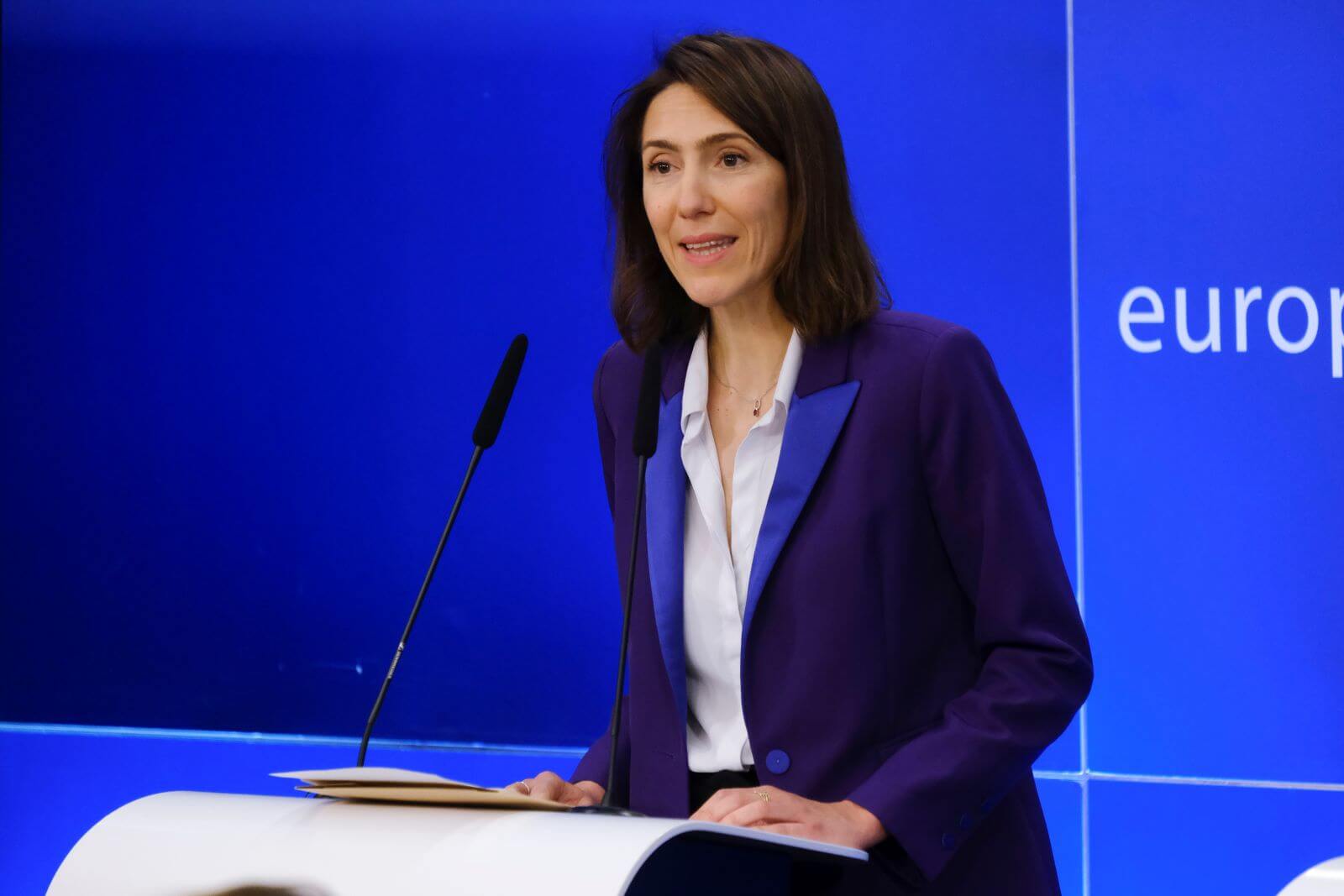
Hayer emphasised the importance of fracturing right-wing alliances while remaining vigilant against the ever-growing strength of the far right.
Hayer advocates for a proactive approach to European defence, proposing the establishment of a “sovereignty fund” to bolster the continent’s security apparatus.
Von Der Leyen’s Call for Defence Subsidies
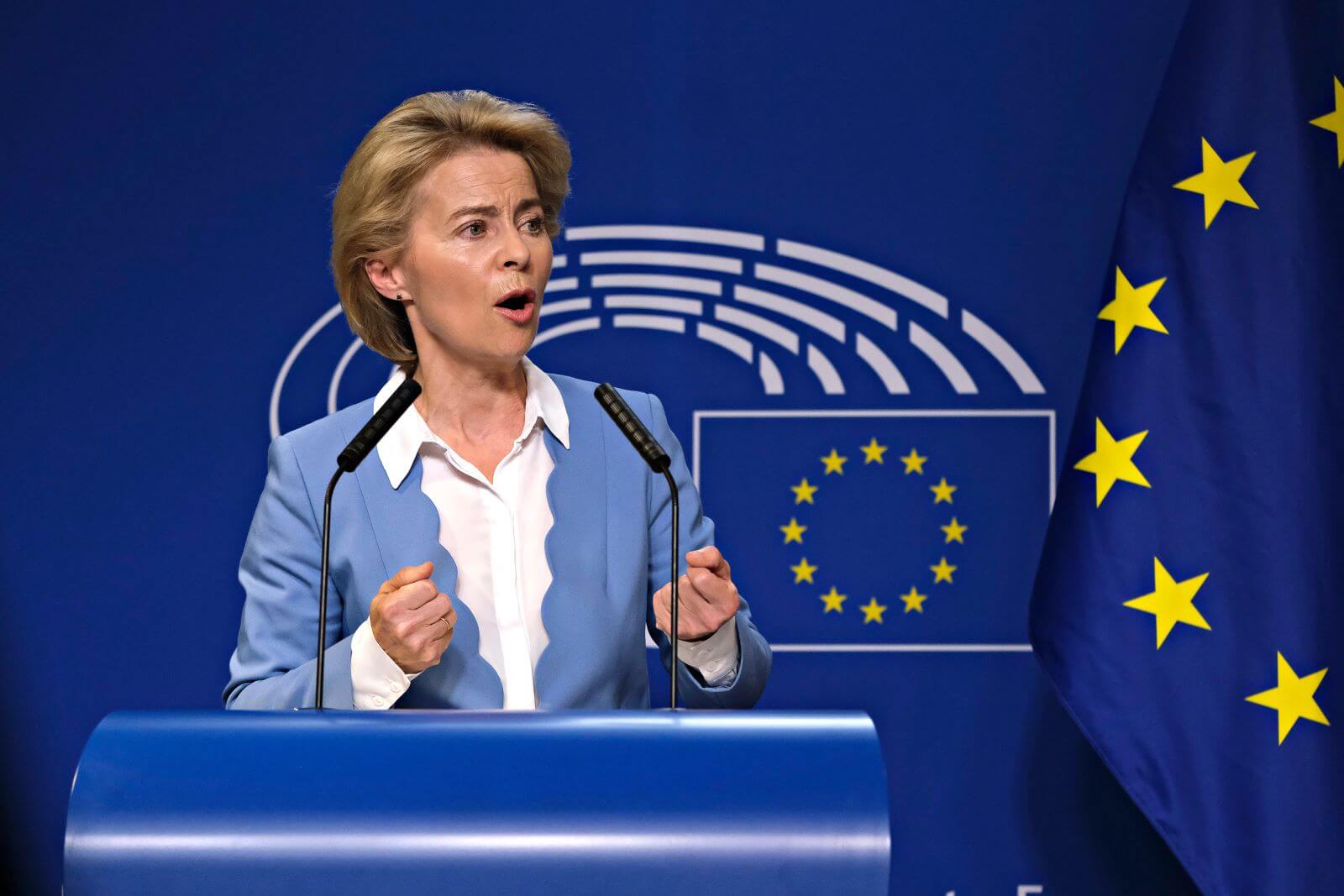
Hayer’s proposal aligns with that of Ursula von der Leyen, who has also called for defence production to be subsidised.
This tactic is seen as a necessary bulwark against a possible second Trump presidency, bringing with it his lacklustre support of NATO.
Countering Populism and Misinformation
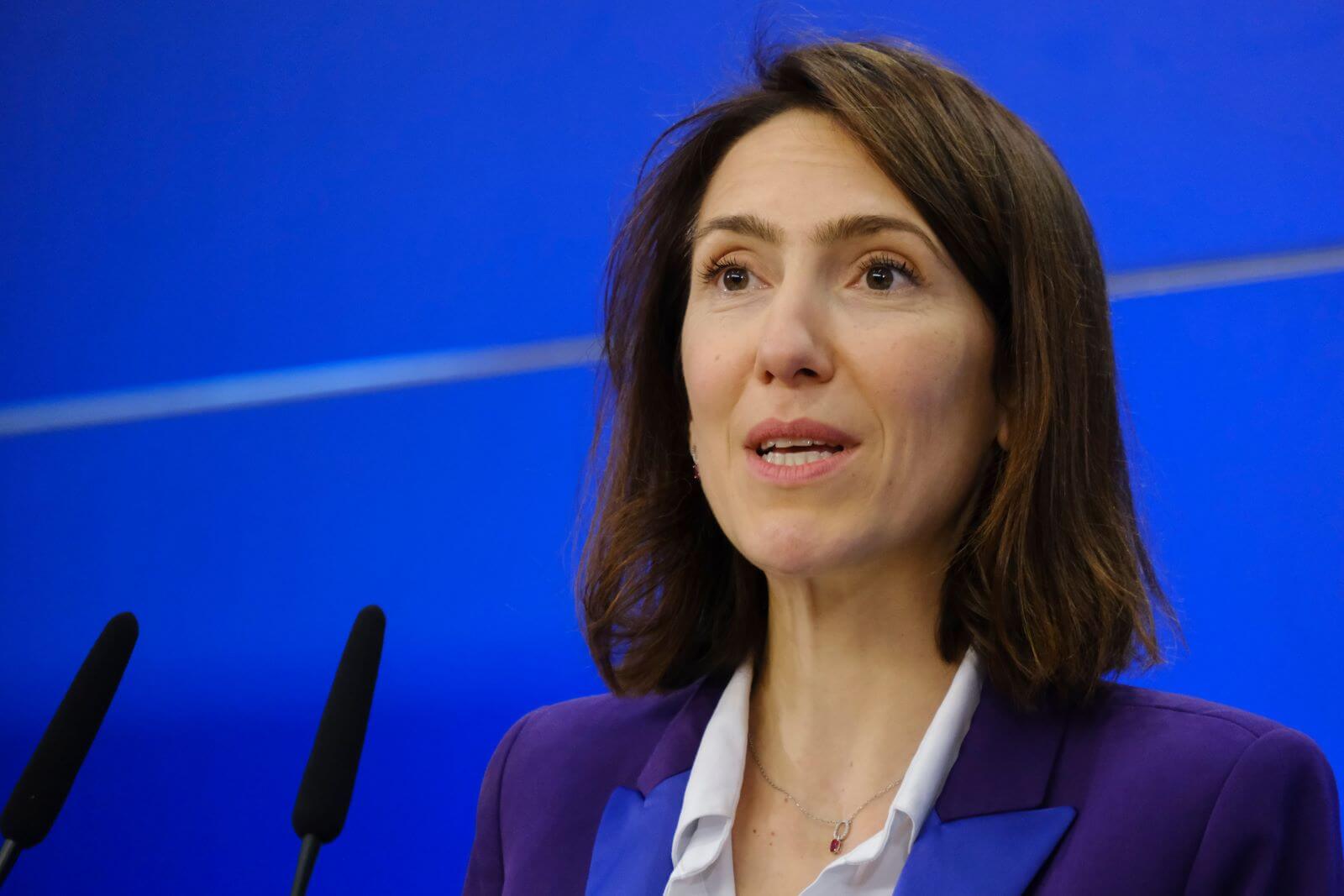
Hayer acknowledges the scale of the challenge ahead, particularly when combating the proliferation of populist rhetoric and misinformation.
However, she remains steadfast in the Renew group’s commitment to mobilising voters and countering the pervasive narratives of the far right.
The Importance of Collective Action
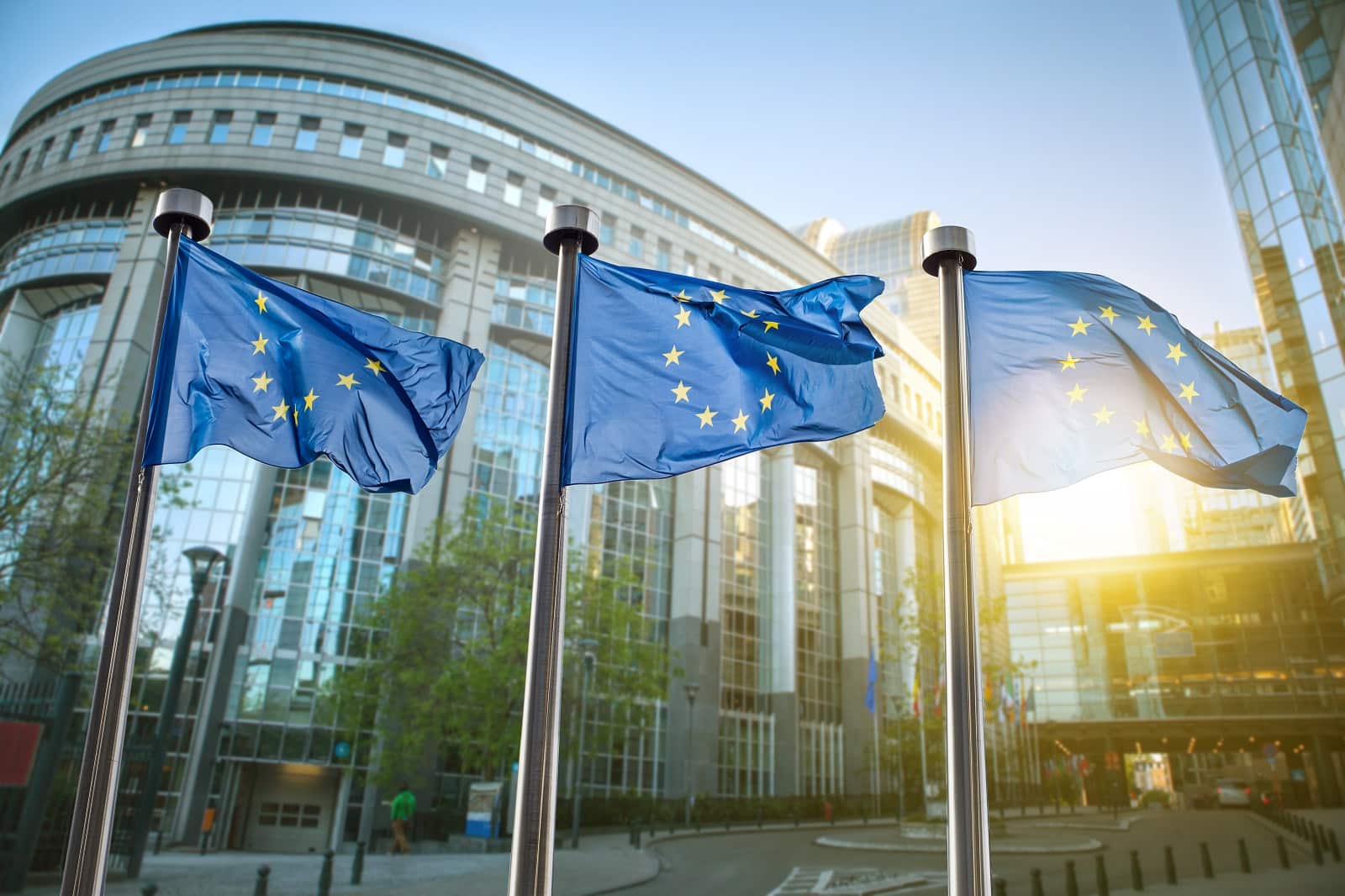
As Europe braces itself for the upcoming European elections and the UK’s electoral landscape looks ever more uncertain, the need to stand up to the growing threats posed by Russia and its supporters within the far right has never been more apparent.
Reintroducing May’s Defence Vision
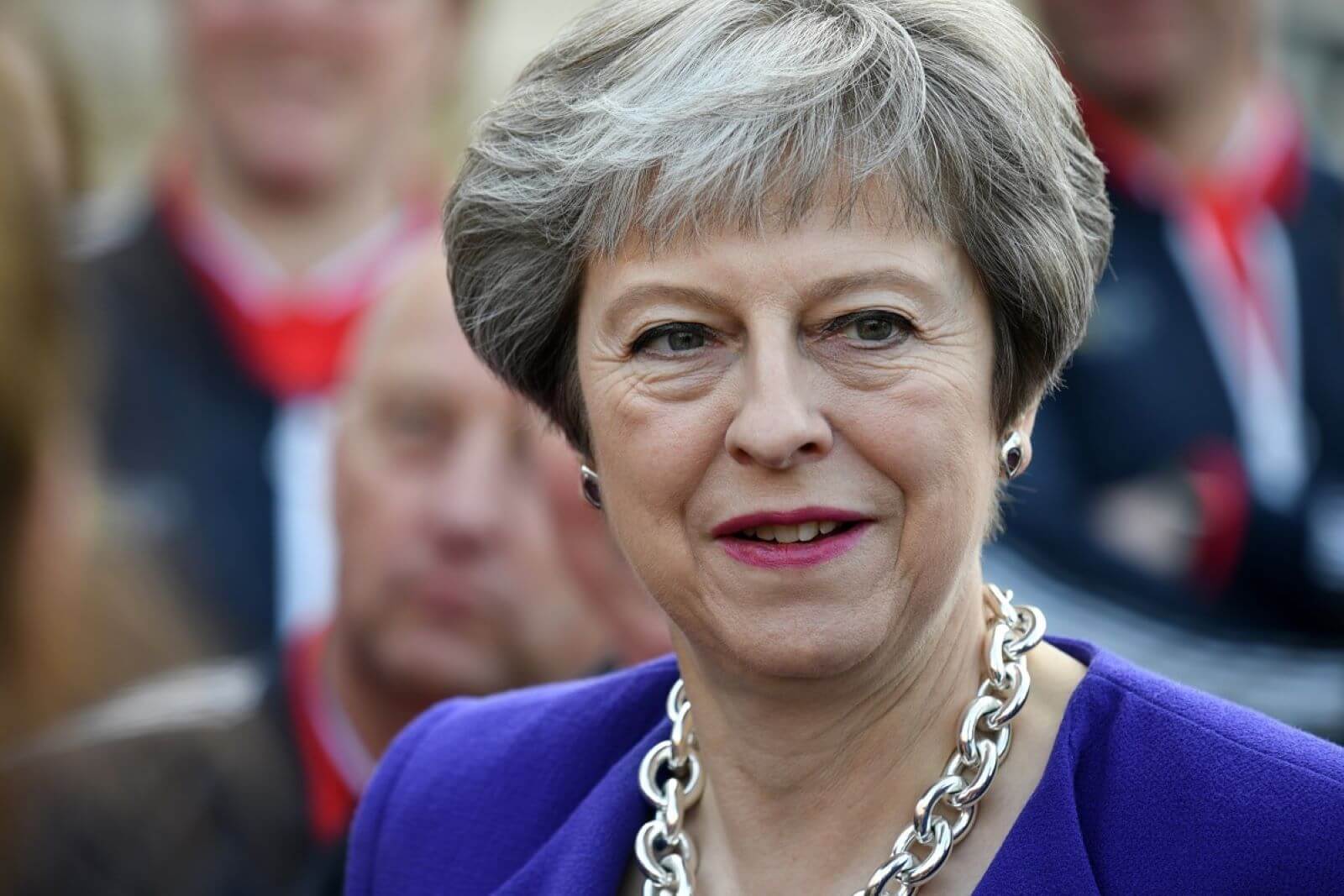
Hayer’s call for collective action, along with the reintroduction of Theresa May’s vision for a unified defence of Europe with Britain as an essential partner, shows that there are still those within the EU willing to cooperate with Britain in a post-Brexit world.
Bipartisan Support for Security

Labour’s David Lammy’s support for the proposal, put forward by a Conservative Prime Minister, shows the lengths many politicians feel necessary to go to ensure security in uncertain times.
Featured Image Credit: Shutterstock / ShutterBex.

